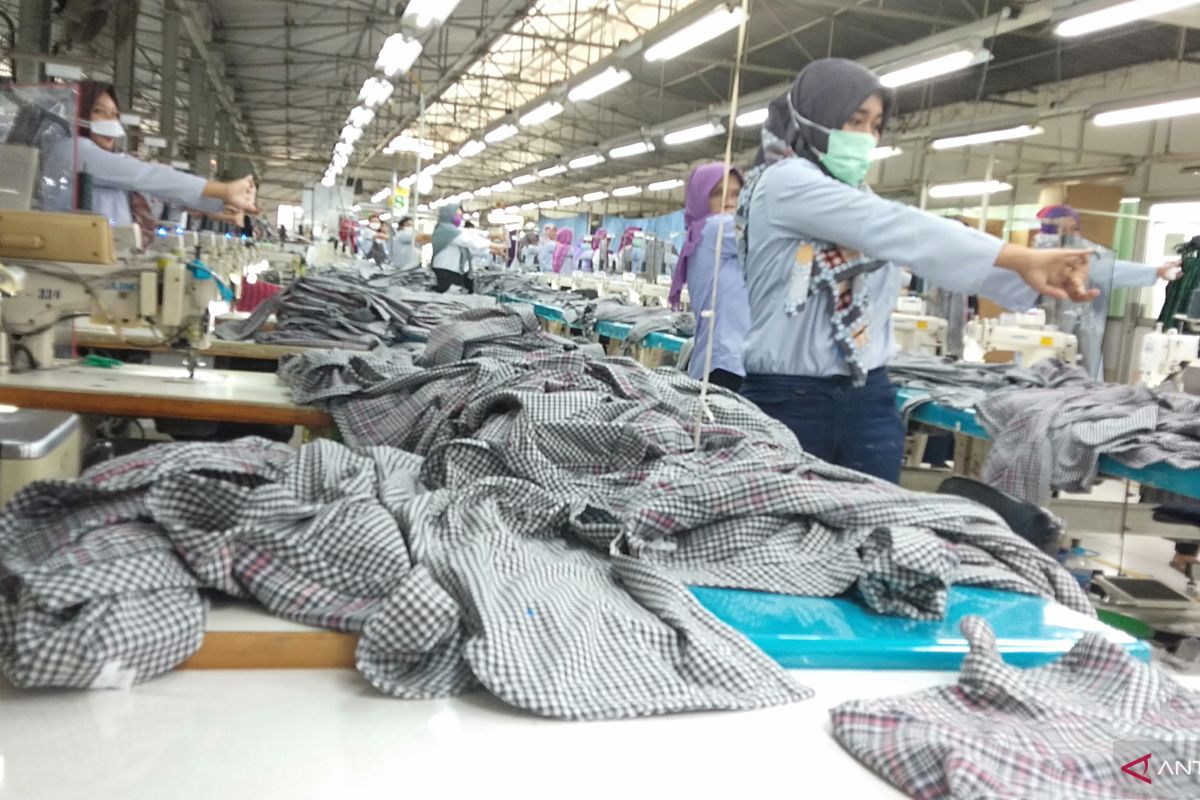In a statement received here on Thursday, the ILO said the number represents nearly half the global workforce.
“As the pandemic and the jobs crisis evolve, the need to protect the most vulnerable becomes even more urgent,” ILO director general Guy Ryder said in the statement.
According to the 'ILO Monitor third edition: COVID-19 and the world of work', the drop in working hours in the current, or second, quarter of the year is expected to be significantly worse than the number estimated previously.
A 10.5 percent deterioration, equivalent to 305 million full-time jobs, is now expected (assuming a 48-hour working week). The previous estimate was for a 6.7-percent drop, equivalent to 195 million full-time jobs.
The estimated descent is due to the prolongation and extension of lockdown measures, according to the ILO.
As a result of the economic crisis created by the pandemic, almost 1.6 billion informal economy workers, out of a worldwide total of 2 billion and a global workforce of 3.3 billion, have suffered massive damage to their capacity to earn a living, due to lockdown measures or because they work in the hardest-hit sectors, it stated.
The 1.6 billion informal workers represent the most vulnerable in the labour market, according to the ILO report.
The first month of the crisis is estimated to have resulted in a 60-percent drop in the income of informal workers globally. The number translates into a drop of 81 percent in Africa and the Americas, 21.6 percent in Asia and the Pacific, and 70 percent in Europe and Central Asia.
“Without alternative income sources, these workers and their families will have no means to survive,” the ILO said
Aside from workers in the informal sector, enterprises are also facing the fallout of the economic crisis caused by the COVID-19 pandemic, as the proportion of workers living in countries with recommended or required workplace closures has decreased from 81 to 68 percent over the last two weeks.
More than 436 million enterprises face high risk of serious disruption globally, the ILO stated. They are operating in the hardest-hit economic sectors, including some 232 million in wholesale and retail, 111 million in manufacturing, 51 million in accommodation and food services, and 42 million in real estate and other business activities.
In view of these circumstances, the ILO has called for urgent, targeted, and flexible measures to support workers and businesses, particularly smaller enterprises, those in the informal economy, and other vulnerable players.
Measures for economic reactivations should follow a job-rich approach, backed by stronger employment policies and institutions, better-resourced, and comprehensive social protection systems, the ILO advised.
International coordination on stimulus packages and debt relief measures will also be critical to making recovery effective and sustainable, the organization said, adding that international labour standards, which already enjoy tripartite consensus, can provide a framework.
“For millions of workers, no income means no food, no security and no future. Millions of businesses around the world are barely breathing. They have no savings or access to credit. These are the real faces of the world of work. If we don’t help them now, they will simply perish,” Ryder said.
Related news: 900 people lose jobs from January-June in Batam
Related news: Govt has fulfilled promise to create 10 million jobs: Minister
Reporter: Aria Cindyara
Editor: Rahmad Nasution
Copyright © ANTARA 2020












